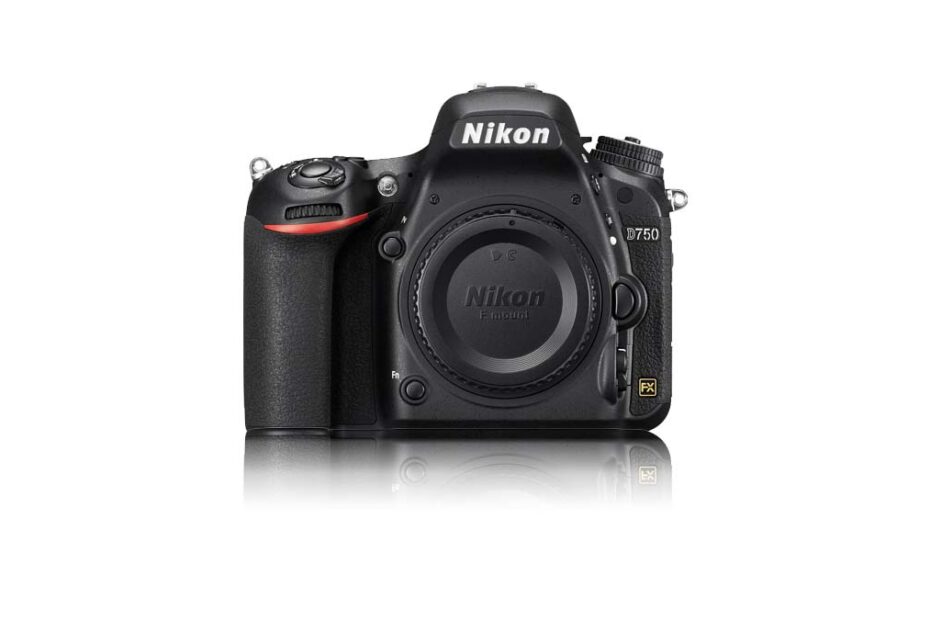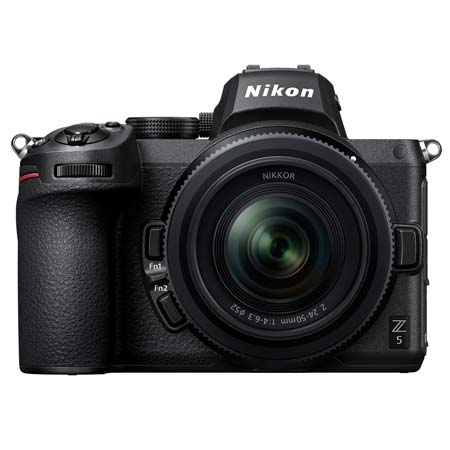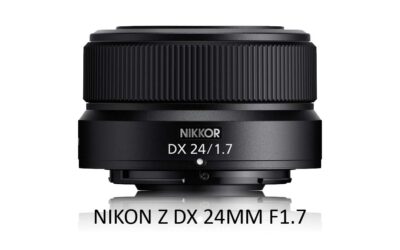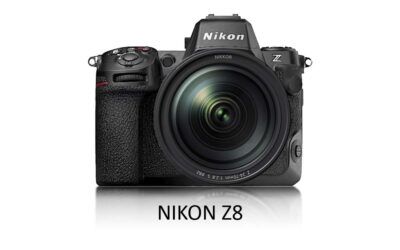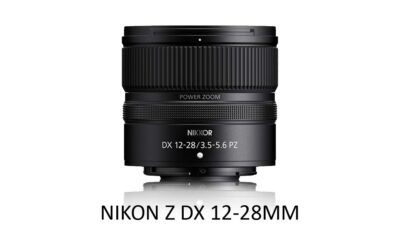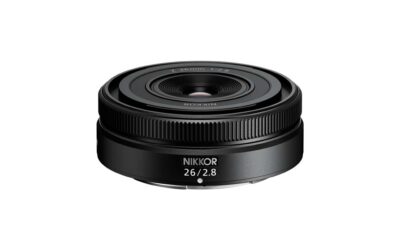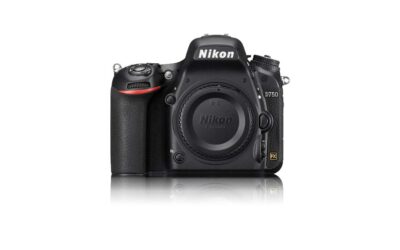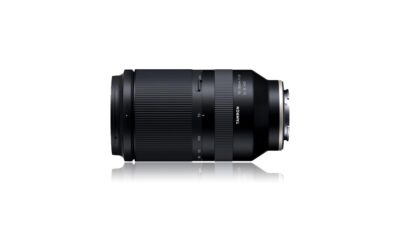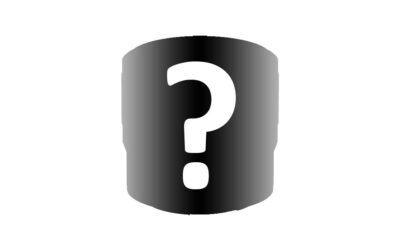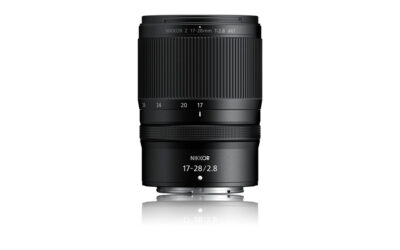I consider the D750 an all-time classic. But should you buy a Nikon D750 in 2023? Well, as a long-time Nikon D750 owner, I recommend that you don’t.
Now, this isn’t to say the Nikon D750 is a bad camera as, in some ways, it’s competitive with some of the best cameras today. But in other ways, the D750 falls short of newer, cheaper alternatives. So, should you buy a Nikon D750 in 2023? Let’s take a look.
What is the Nikon D750
The Nikon D750 was released in 2014 and is a 24-megapixel full-frame Digital SLR for Nikon’s F-Mount. The D750 has a 51-point autofocus mode with 3D tracking and face detection, shoots at up to 6.5 frames per second, and has a host of external controls and dials for superior usability.
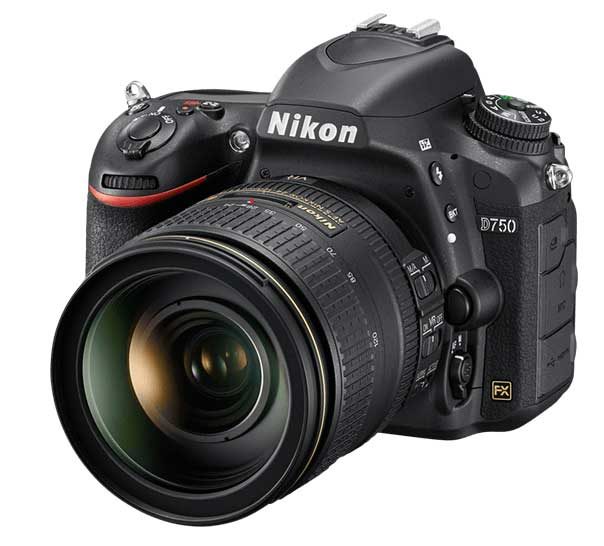
Furthermore, the Nikon D750 was Nikon’s first video-orientated full-frame DLSR. As a result, the D750 has a tilting screen, captures very attractive 1080p60 video, and includes ports for your headphones and microphone. Read Nikon D750 Review.
Why you should buy a Nikon D750 in 2023
I consider the Nikon D750 one of Nikon’s all-time classic cameras. And even today, it has a lot going for it.
#1 Amazing Image Quality
The Nikon D750’s image sensor was outstanding in 2014. Its image quality is superb, even at high ISOs, and its huge dynamic range changed how we take and edit our photos.

Even today, the Nikon D750’s image quality is competitive with the latest full-frame 24-megapixel cameras, such as the Nikon Z6ii. In fact, the D750’s sensor is so good it was used again inside the Nikon Z5.
#2 Solid Autofocus
It was rumored that the Nikon D750’s 51-point autofocus system was based on the one featured within the pro-sports Nikon D4. I’m not sure that’s true, but the D750’s autofocus is very good, and its 3D tracking is reliable and tenacious. Plus, the Nikon D750 basic autofocus mode can be set to detect and prioritize faces, and it works very well. Not bad for 2014.
#3 Exceptional ergonomics
In hand, the Nikon D750 feels great. It’s loaded with buttons and dials – all of which are exactly in the right place, with the most important controls falling under the finger and thumb.
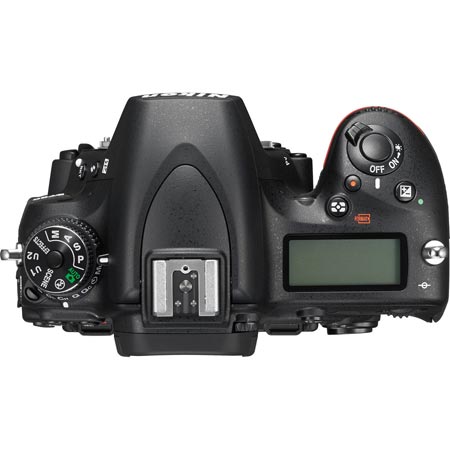
For instance, the power button surrounds the shutter release enabling you to power up your camera and take photos with just one hand. This might seem silly to point out, but you’ll appreciate this design every time you use the camera. Read 7 Essential Camera Features.
In the rare cases in which you must dig into the menus, you’ll find a well-presented, well-ordered list of features. Plus, many buttons can be customized, and the lockable mode dial features two custom modes enabling you to reorientate your camera to different photography styles with a twist of a dial.
Why you should not buy a Nikon D750 in 2023
I love the Nikon D750. But I just can’t go back to it, having spent time with more modern cameras. Here’s where the Nikon D750 shows its age.
#1 Autofocus
Even when I stepped up from my Nikon D90, I was shocked at how heavily centered the Nikon D750’s 51 AF points were, and it took a lot of getting used to. For some photography, such as landscape, it’s entirely reasonable to focus and compose, rendering this issue moot.
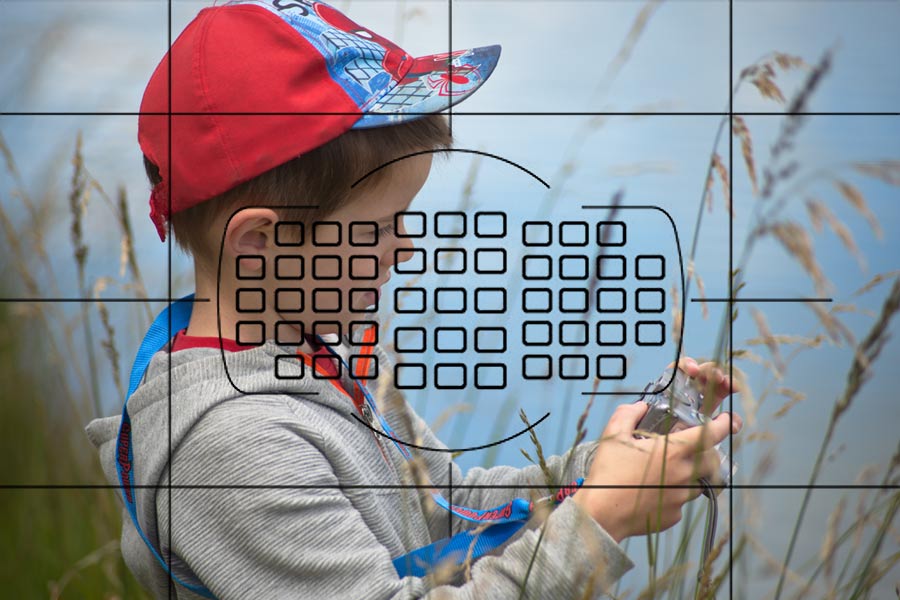
However, it is impossible to continually focus on or track off-center subjects with the Nikon D750. Therefore, you must keep your subject centered and crop your way to your preferred composition later – thus throwing away tons of resolution in the process.
Back in 2014, full-frame mirrorless cameras had terrible autofocus, and tolerating the D750 overly-centralized but otherwise excellent autofocus was a reasonable compromise. But today, mirrorless cameras offer exceptional frame-wide autofocus
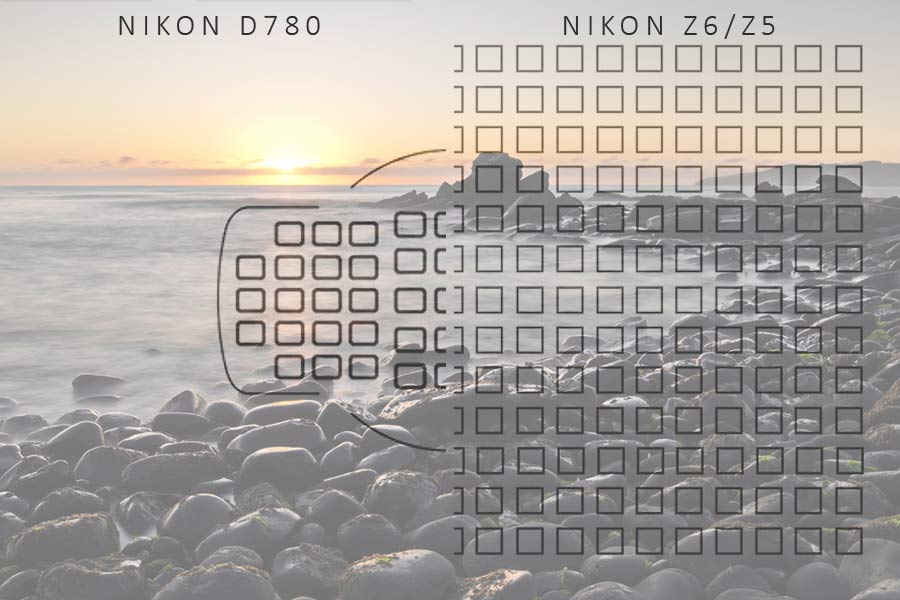
#2 Autofocus in live view
Yep, the Nikon D750 features two separate autofocus systems. A super-fast distance-measuring phase detection system when composing through the viewfinder and a contrast-detect system when using the rear screen.
The good thing about the contrast detection system is that you can set focus anywhere in the frame. Furthermore, it’s very accurate. Unfortunately, it’s extremely slow and cannot keep up with anything moving faster than bacteria. As a result, focusing via the rear screen is only acceptable for photographing static scenes such as landscapes.
#3 Video
The Nikon D750 is a 1080p camera living in a 4K age. That said, it is glorious looking 1080p and good enough for how most people consume video. The real problem with the Nikon D750’s video is that it leverages the same super-slow contrast-detect autofocus system as live view.
This means you won’t be recording videos of the dog, cat, or any other subject unwilling to stand absolutely still. Fortunately, this barely matters for video genres such as vlogging. But thanks to the absence of a flip screen, the D750 is no good for that either.
Nikon D750 Compared
So, if you shouldn’t buy a Nikon D750 in 2023, what should you get instead? Most people will tell you the modern-day alternative to the Nikon D750 is the Nikon Z5. However, the Nikon Z5 shoots slower (4.5fps) than the Nikon D750, and the Z5’s autofocus system needs twice as much light to work. For these reasons, I consider the Nikon Z5 a modern-day equivalent to the old Nikon D600 and D610.
Therefore, we’re looking at a Nikon Z6ii – a camera that, unlike the Z5, improves on the Nikon D750 in every regard, including continuous drive and autofocus sensitivity. And as you may already know, the Nikon Z6ii is compatible with many of the Nikon D750’s lenses via the FtZ adapter. Read FtZ versus FtZii comparison
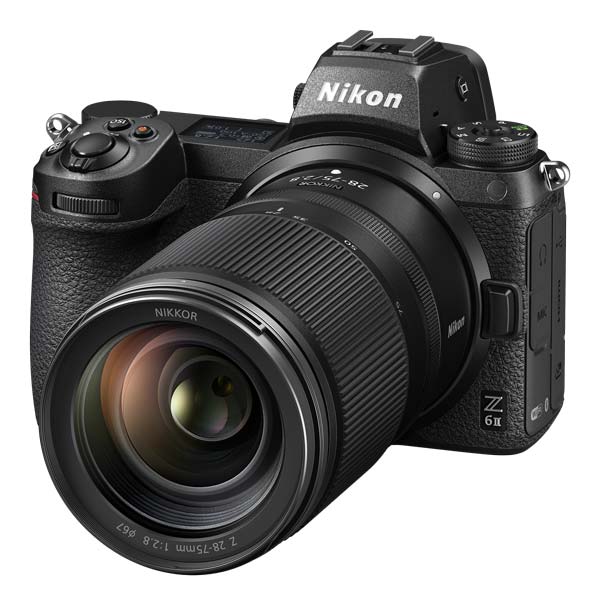
Get Discounts on Photo Editing Software
Subscribe to my weekly newsletter and be notified of deals and discounts on photography software from ON1, Adobe, Luminar, and more. Spam Promise: Just one email a week, and there’s an unsubscribe link on every email.
Conclusion
In absolute terms, the Nikon D750 remains a good camera because it can produce glorious-looking images. However, its underlying technology limits the number of situations in which it can capture such an image.
Specifically, the Nikon D750 can’t continually autofocus on off-center subjects. Of course, you can work around this by centering your subject and cropping your way to your ideal composition later in post-processing. However, this is a compromise new cameras will not require you to make.
Then there’s the video. While I don’t believe there’s anything wrong with its 1080p output, the D750’s inability to focus its video on moving subjects is a limitation a modern camera will spare you. And even for sedate video genres such as vlogging, the D750’s screen tilts rather than flips, leaving your composition to your imagination.
Therefore, the Nikon D750 is best left unless you love shooting through an optical viewfinder or enjoy photography genres such as landscapes. In such cases, the Nikon D750’s shortcomings are no longer limitations, and you’ll be more than happy with its handling and the images it captures. Read Nikon D750 Review.
Like this post? Subscribe to my weekly newsletter and receive notifications on deals and discounts on photography software and gear.
